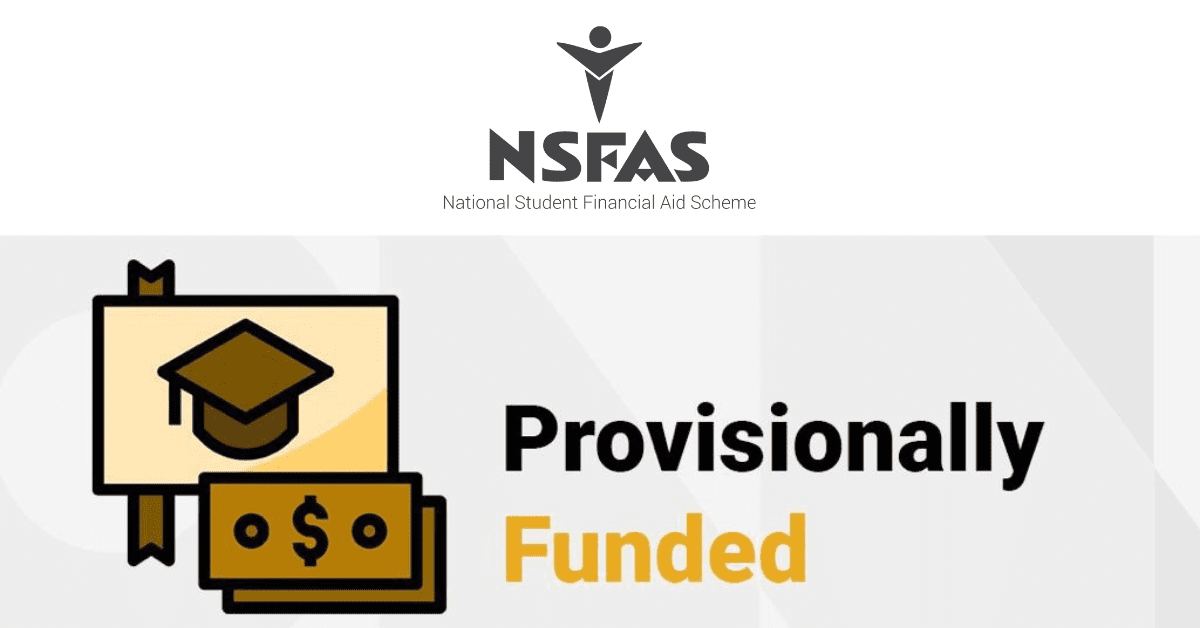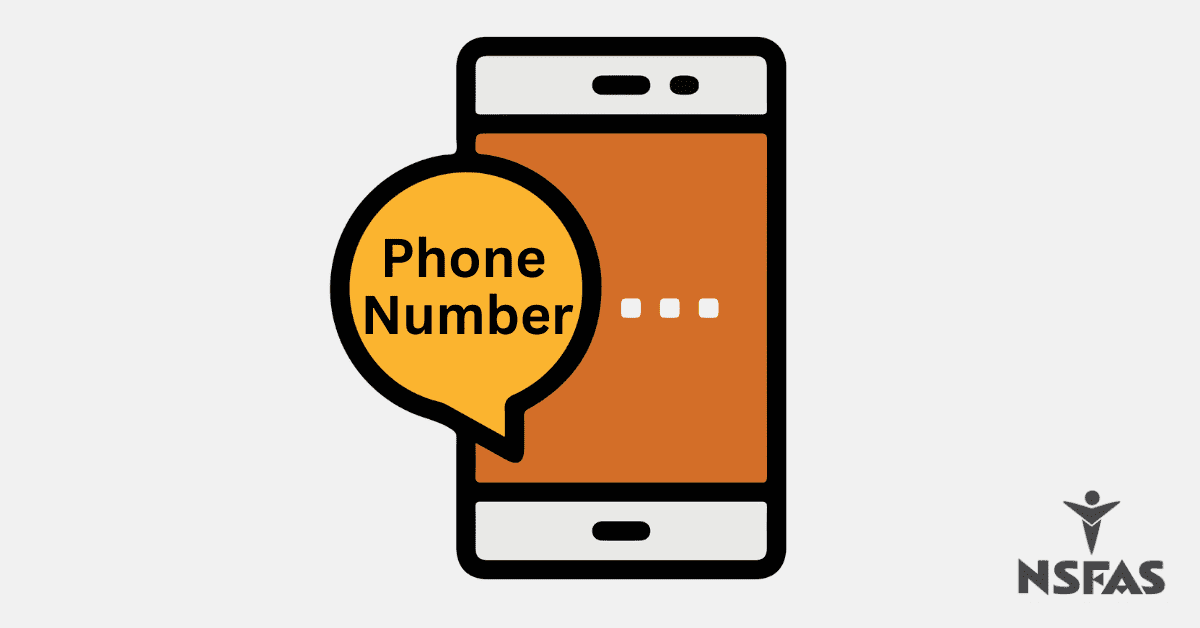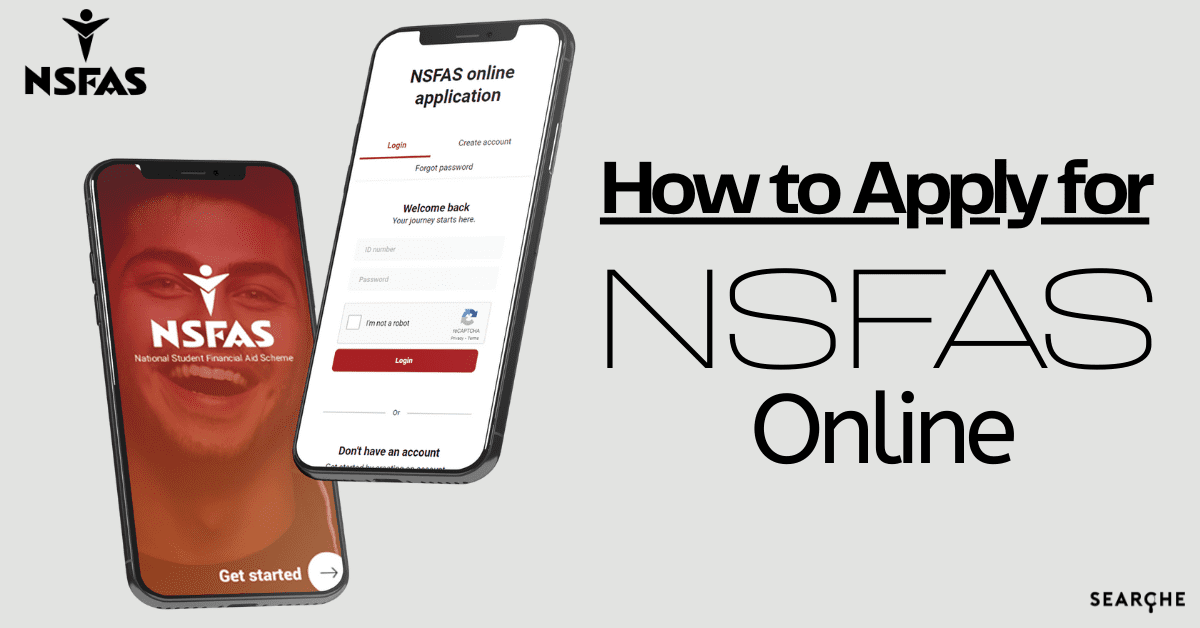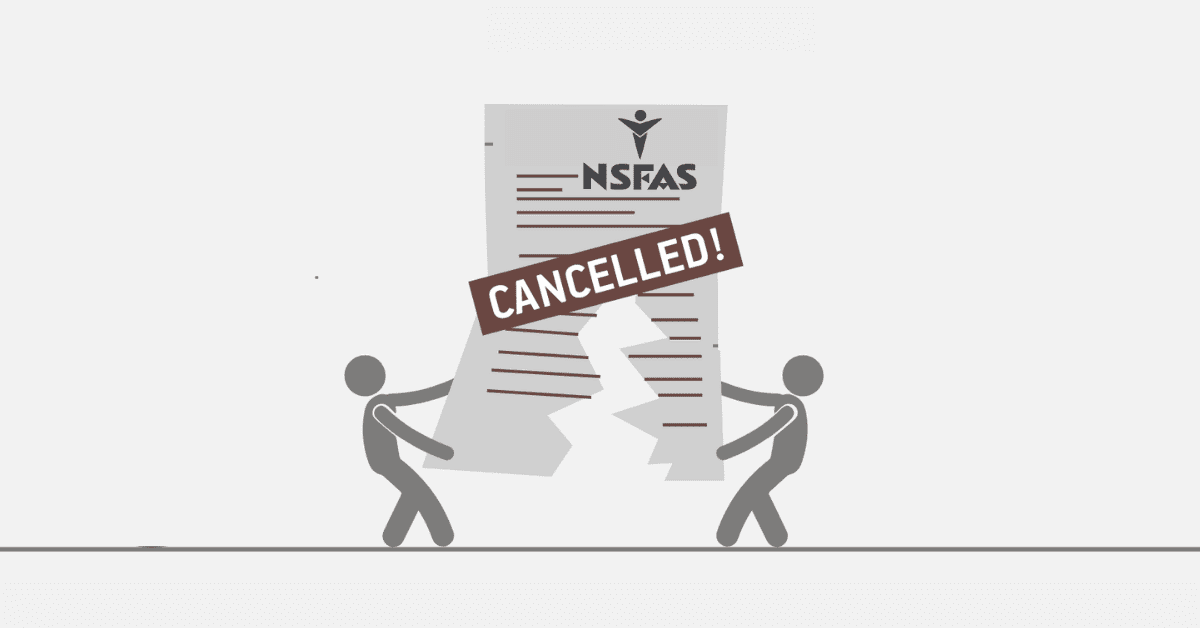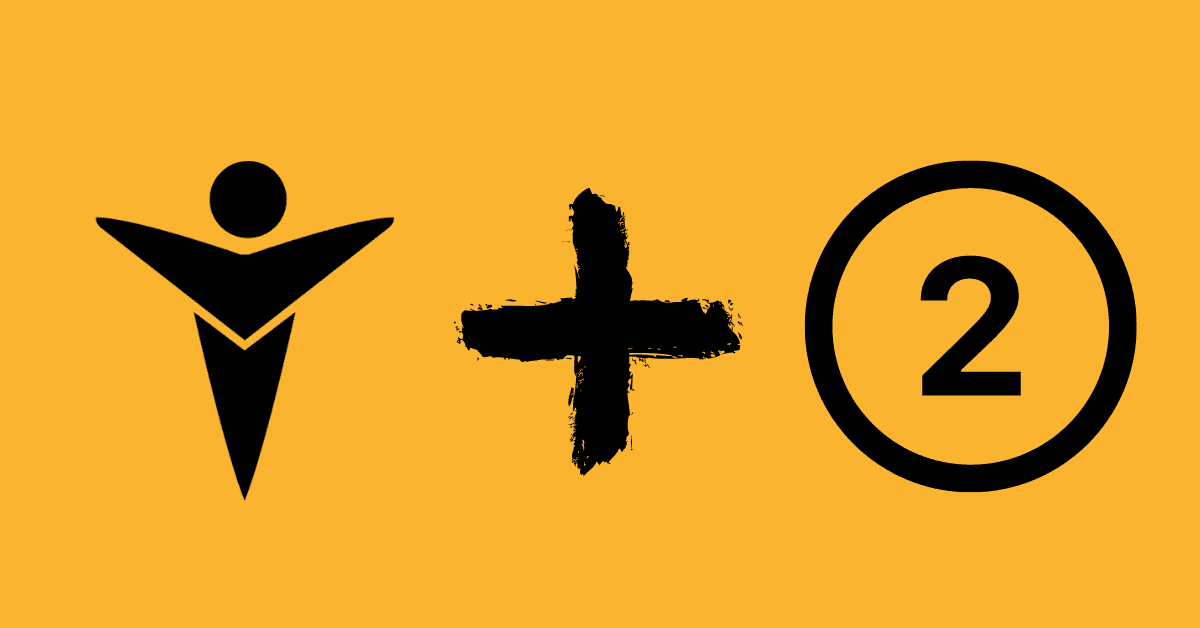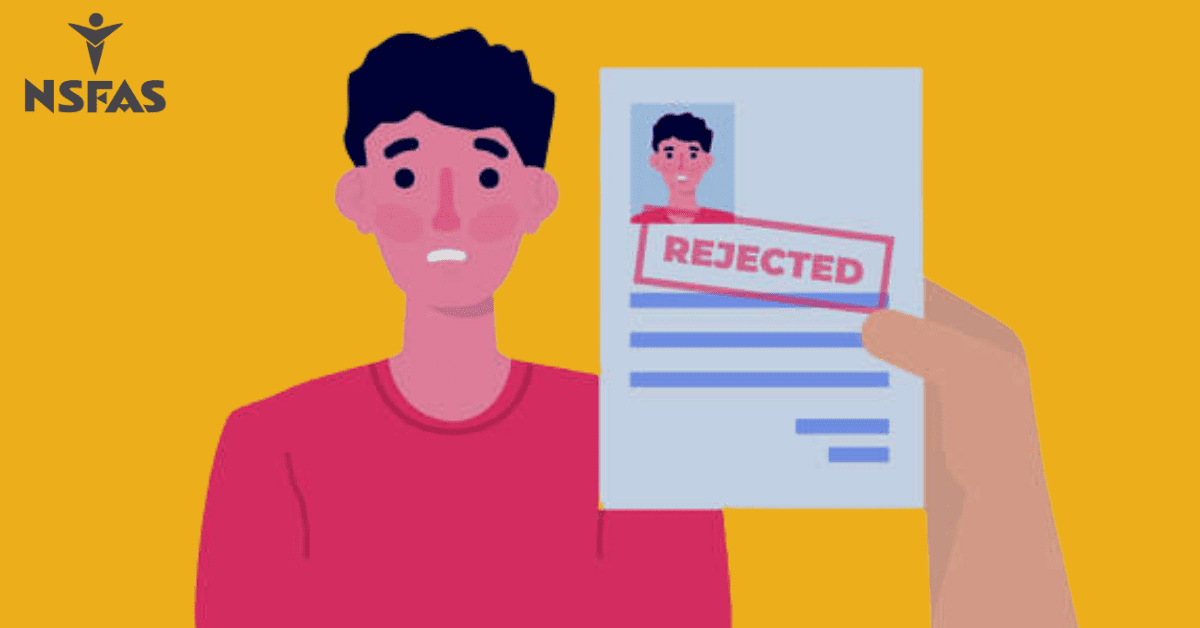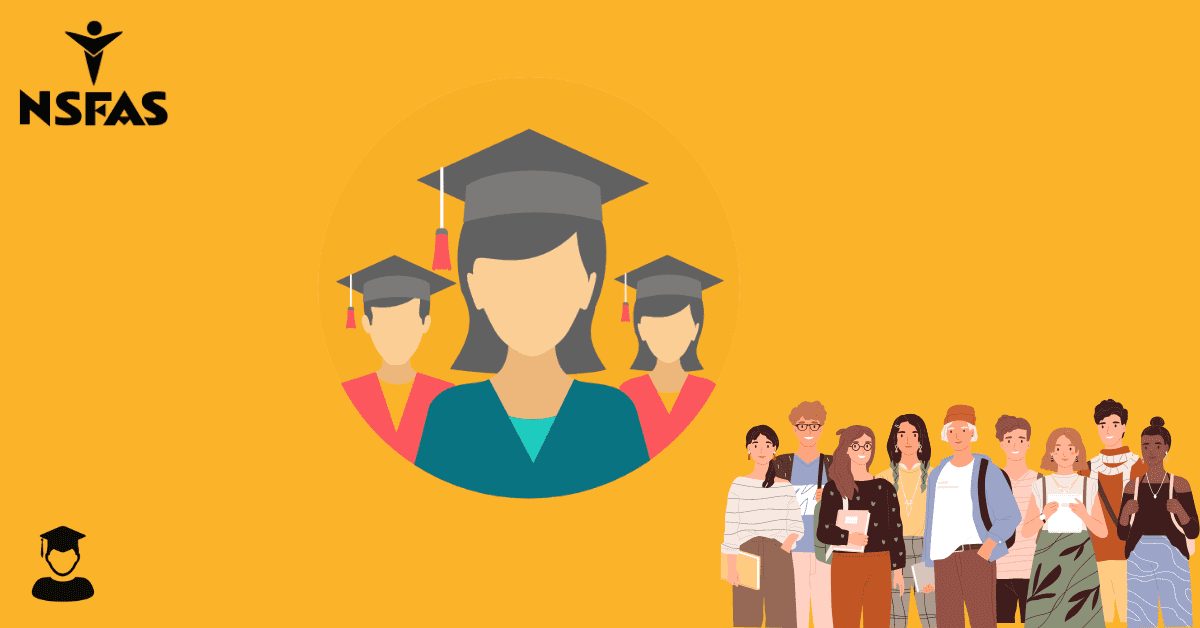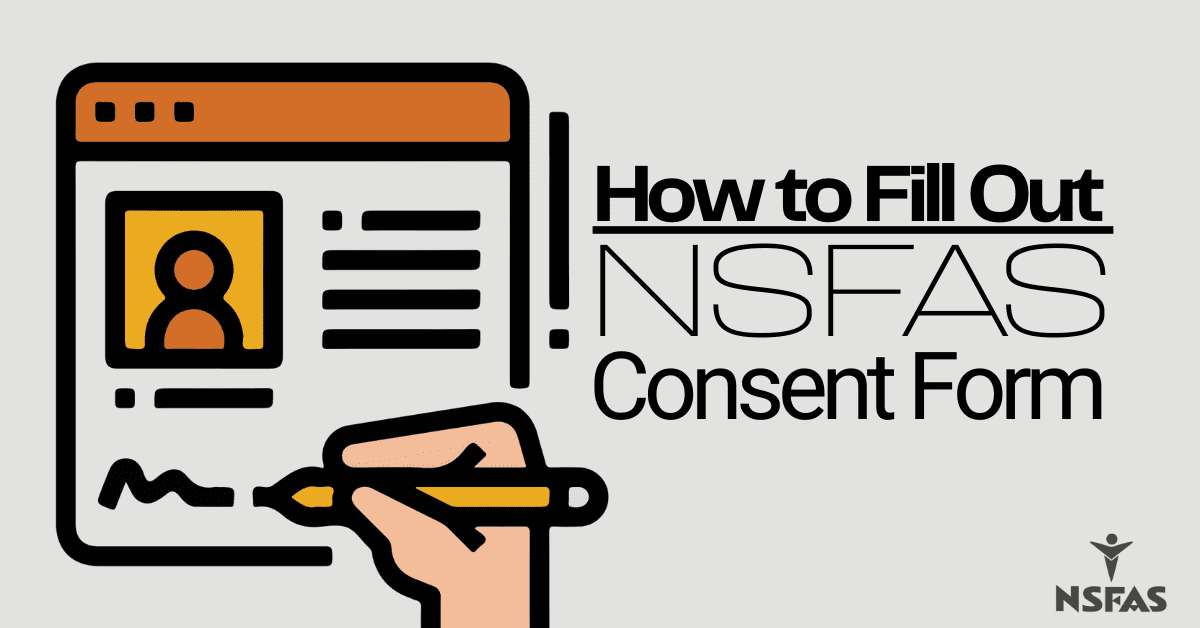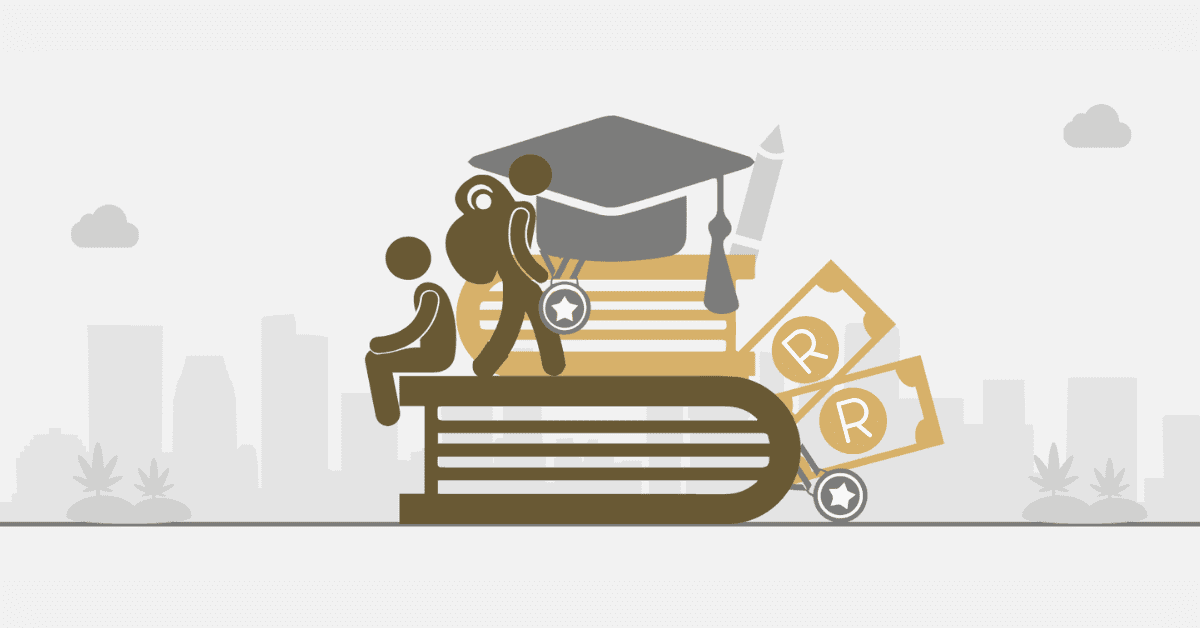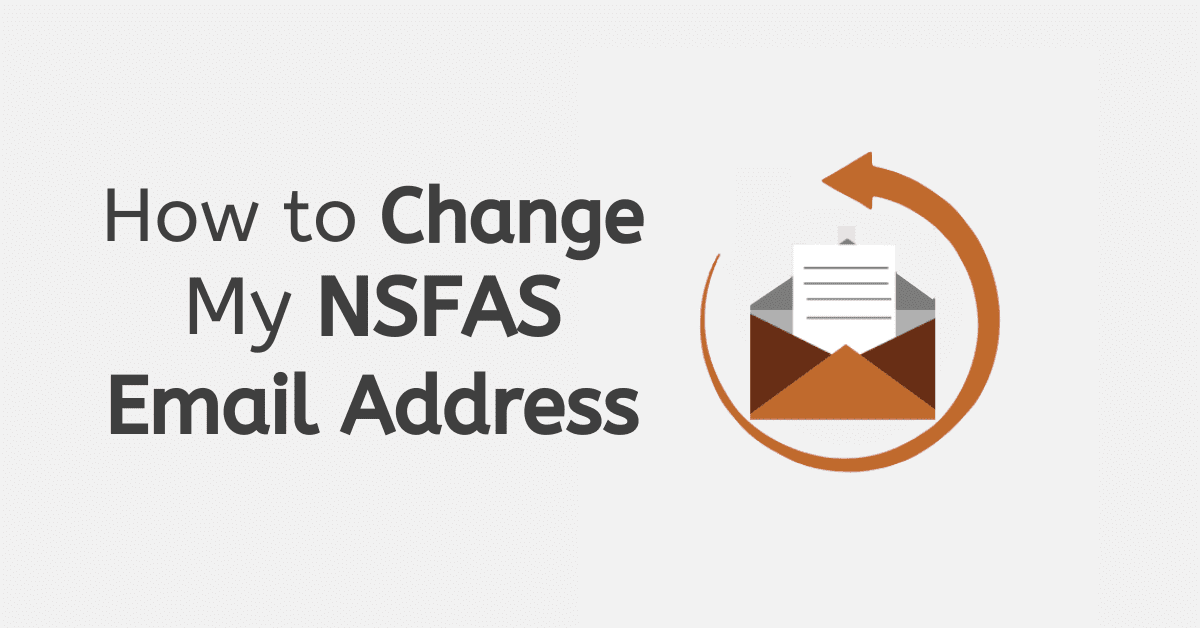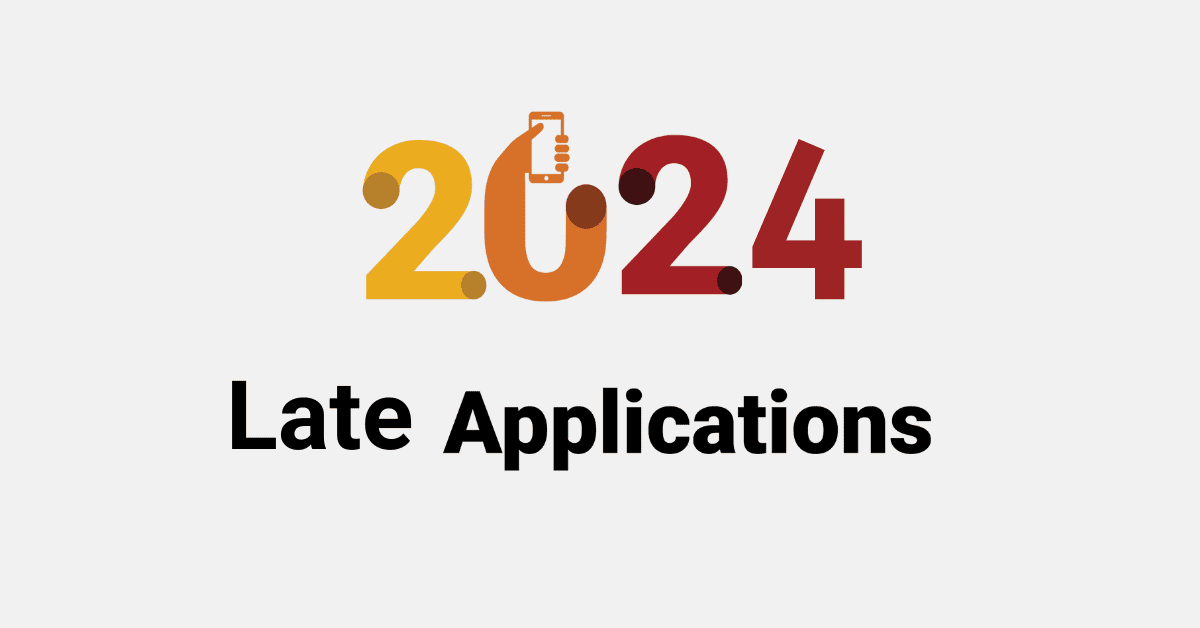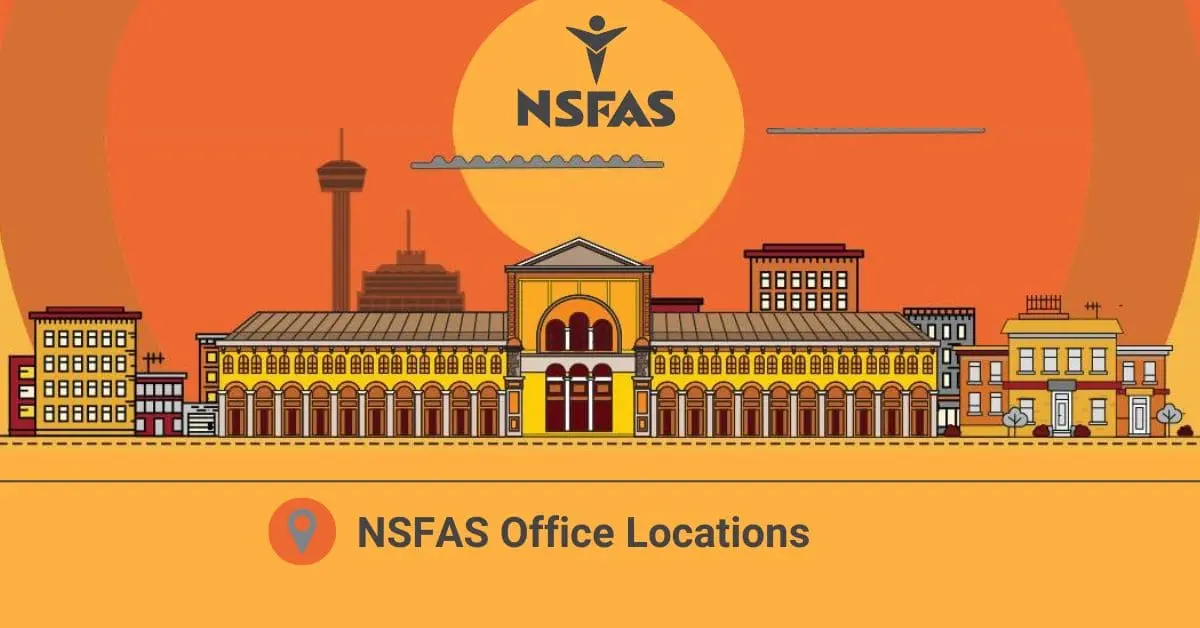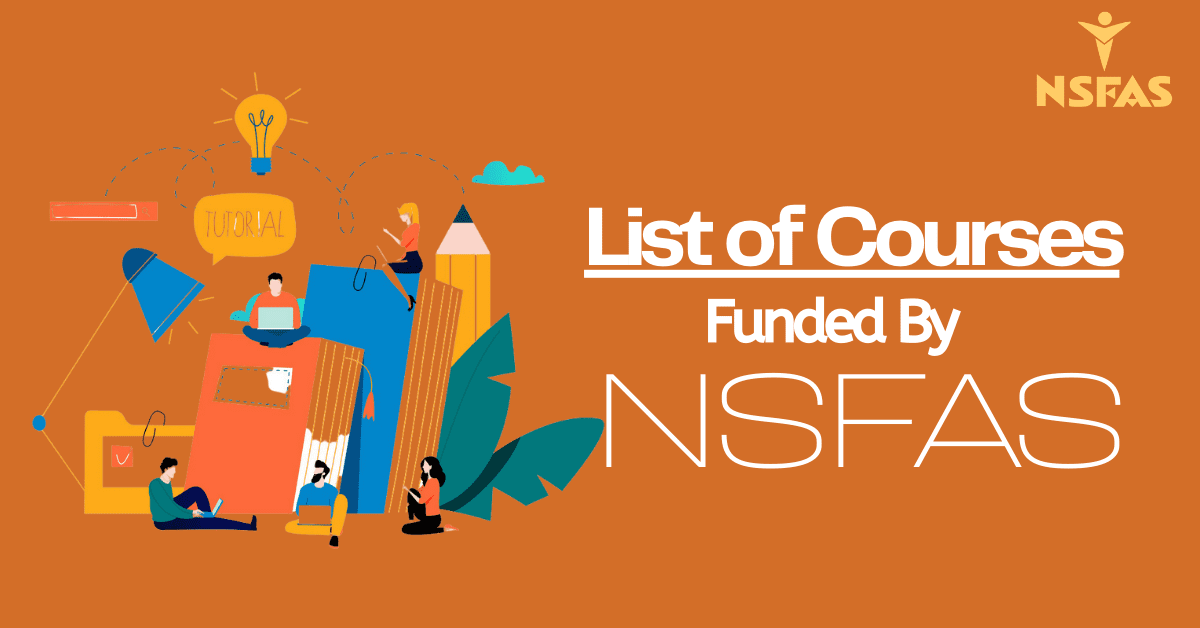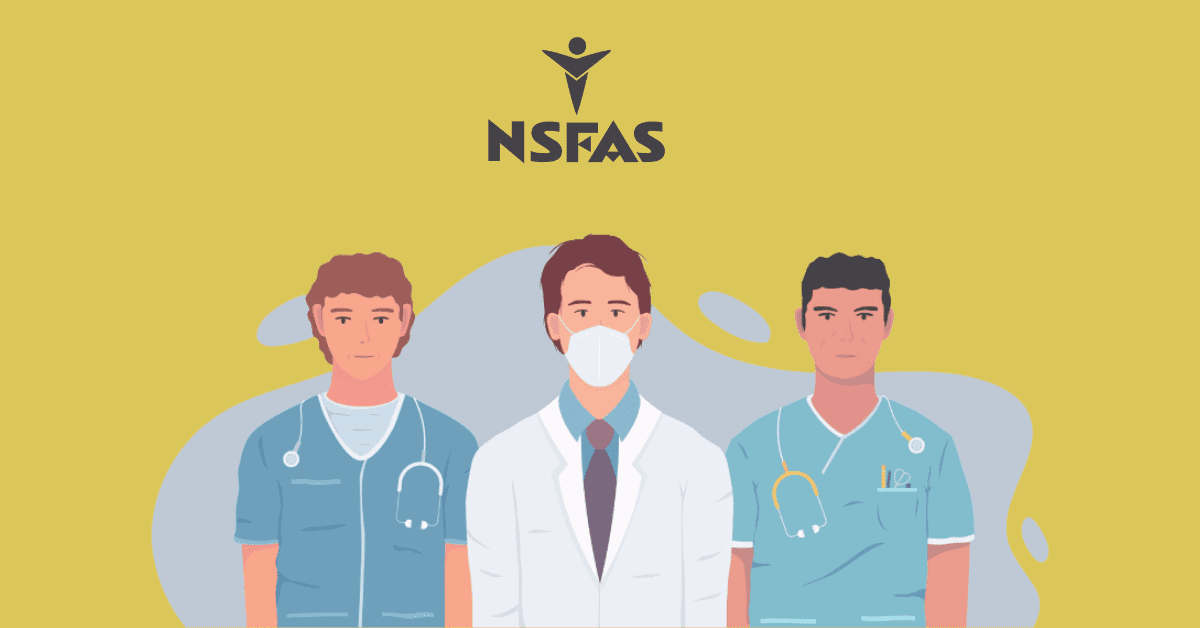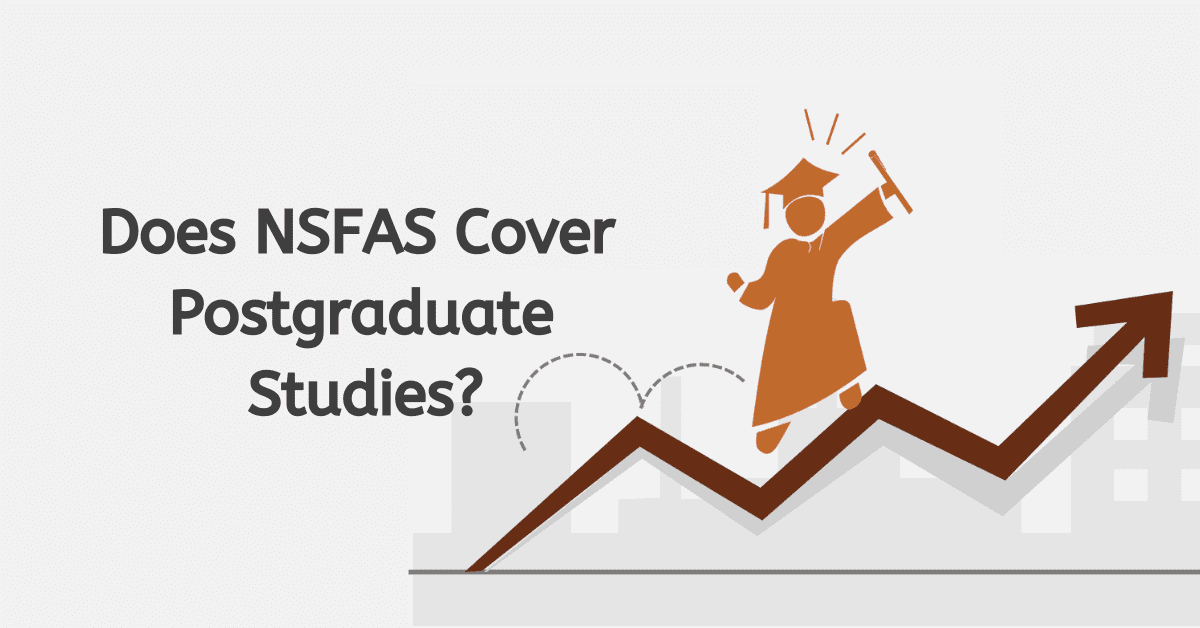The National Student Financial Aid System (NSFAS) is a scholarship program to help South African students who cannot pay for their postsecondary education. A South African citizen and a combined household income of no more than R350,000 are prerequisites for eligibility for this award (or R600,000 per annum for disabled students). In this article, we examine the NSFAS bursary eligibility standards, including who is eligible to apply and who is not, and the financial expectations for recipients.
Do Government Employees Qualify for NSFAS?
A combined household income of no more than R370 000 per year is one of the prerequisites for receiving an NSFAS bursary. Hence, if prospective students work for the government and their income and the combined income of everyone they live with exceeds R370 000 yearly, they will not qualify for the NSFAS bursary. But, they qualify if their salary is R370 000 or less.
It is significant to highlight that students who have earned a previous qualification, those whose family income totals more than R370 000 annually, and those who have previously applied, been accepted, and received money are not eligible for NSFAS student support.
The NSFAS is looking into how it may help students who fall into the “missing middle” category, where their overall household income exceeds the requirements, yet they still cannot afford to pay their tuition. Moreover, candidates must be South African nationals, and for those with impairments, the combined household income cannot exceed R600,000.
In conclusion, government employees who meet all other qualifying requirements and have an annual income of R370 000 or less can apply for NSFAS. It is advised to go to the official NSFAS website for more information and direction.
Who Qualifies for NSFAS Funding?
Applicants must be South African citizens from a family with a combined yearly household income of no more than R370 000 to be eligible for NSFAS support in 2026. The home income for students with impairments cannot exceed R600,000. NSFAS bursaries are offered to students planning to enrol in TVET Colleges and public universities, and they provide support for tuition, registration fees, allowances, transportation, housing, and other costs.
All South African citizens, recipients of SASSA grants, students who began their studies before 2018, students whose household income does not exceed R122 000 annually, and applicants with a disability whose combined household income does not exceed R600 000 annually are additional requirements that must be satisfied to be eligible to receive NSFAS funds. Create a myNSFAS account, update your personal information, respond to the questions on the screen, upload the necessary supporting documentation, and then submit your application for NSFAS funding. It is encouraged that applicants submit their applications by the deadline. Please contact NSFAS directly by phone or email with any questions about this bursary program.
Who Cannot Apply for NSFAS?
The South African government launched the National Student Financial Aid Plan (NSFAS) to assist students who cannot afford college. Certain students, however, do not qualify for NSFAS financing due to a few requirements. You cannot apply for NSFAS financing if you meet these requirements.
Your institution not submitting your academic record, disclosing different parental or legal guardian information than what you disclosed in the application, indicating that you are independent, or reaching the N+2 rules are some of the reasons why you cannot apply for NSFAS funding. You may also be a gap year student previously denied financial aid by NSFAS due to not meeting academic eligibility criteria.
It is significant to note that NSFAS has modified the appeals procedure. If you are not eligible to appeal your application, they will remove the appeal option from your MyNSFAS account. So you could not be eligible to appeal if you cannot see the appeal tab if it is not clickable. Students who do not meet the financing requirements cannot appeal at all.
How Much Must You Earn to Qualify for NSFAS?
Students in South Africa who cannot pay for their postsecondary education are given financial assistance through NSFAS (National Student Financial Aid Program). The prerequisites for NSFAS qualification include being a citizen of South Africa, earning a combined annual household income of R350,000 or less, and those registered or planning to register at a public institution for a formal qualification. If you have a disability and are a student, your annual household income shouldn’t exceed R600,000.
If students want to apply for NSFAS, their parents’ combined annual income cannot be more than R350,000. If your household’s annual income is less than R350,000, you can still be eligible for NSFAS even if you have a job. Your household size, location, make-up, and a brief budget you submit as part of the application process are all considered by NSFAS when calculating the amount of financial aid you will receive.
The NSFAS stipend includes a book allowance of R433, a living allowance of R1,250, an incidental allowance of R241, a travel allowance of R625, and lodging fees determined by the costs of your place of residence. The yearly allowance comprises the same five categories as the monthly allowance: a book allowance of R5,200; a living allowance of R2,900; an incidental allowance of R15,00; a travel allowance of R7,500; and accommodation expenses, which are determined by your institution’s fees.
